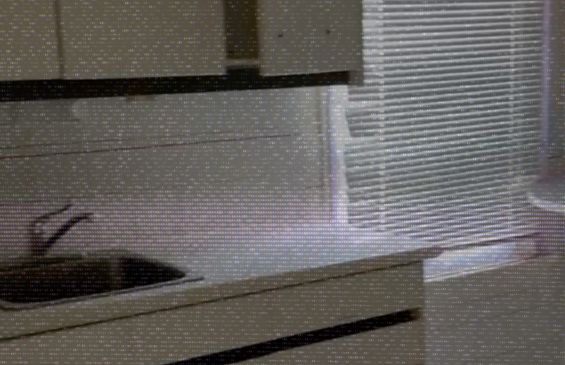Tanis Cortens:

The two buildings had shared a wall since the Centre’s inception in early 2023, causing some abortion-minded women to walk into the Centre by mistake and thus discover resources for themselves and their babies. In an interview with The Interim, co-founder and president Frank D’Angelo described the Centre as “the last chance to offer positive options.”
A mother in distress “probably hasn’t been presented with other options,” said D’Angelo. “It’s not like the media works in our favour, or the government works in our favour. A lot of (women) don’t even know that crisis pregnancy centres exist.”
According to their website, “St. Joseph’s Centre of Hope for Women is committed to offering support to single or low-income mothers facing difficult situations.” Expanding on this, D’Angelo said, “We can help them from before the baby’s born until the baby’s two years old, or longer … We supply diapers, formula, baby clothes, car seats, strollers, small furniture … (and) it’s all free.”
The abortion facility, which commits abortions up to 24 weeks, relocated to Queen Street East at the end of January. “For a couple of months after they moved,” said D’Angelo, “we still got the same average (number of women) coming in, about one a day, because no one told them that it (the abortuary) had moved.”
Of the crisis pregnancy centre’s change of address, he said, “I think it was meant to be. I think St. Joseph probably put the idea in my head.” D’Angelo spoke of “turn(ing) the killing room into a memorial” for the estimated 50,000 babies murdered during the abortion mill’s 41 years in the building.
D’Angelo has other hopes for the new location as well: “If I can get a daycare centre next door (with) eight to ten kids, that’ll be the icing on the cake. The shouts of laughter and joy will replace the silent screams of the babies that were killed.” He also mentioned post-abortion counselling and suggested that activists who use abortion victim photography could store their signs there.
In addition to the move, there is another major project in the Centre’s future. D’Angelo plans to acquire a used motor home and park it near the new Cabbagetown Women’s Clinic. The vehicle will contain (among other things) a portable ultrasound machine, allowing pregnant mothers to see their babies before entering the abortuary. “If she sees the baby, there’s … a 60-70 per cent chance she’s going to bond (with him or her),” said D’Angelo.
To support its work, the Centre relies on donations. Its main fundraiser is Baby Bottles for Life, in which donors fill bottles with cash and cheques that go toward supporting the Centre’s mission. The Centre is also planning a fundraising gala in 2026. More information can be found on the Centre’s website.
“Pro-lifers are doers,” D’Angelo continued. “They don’t sit idly by – they say, ‘What can I do? I’ve got to find my niche.’ And then they do it.”




